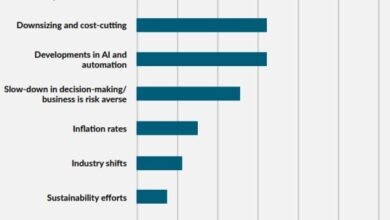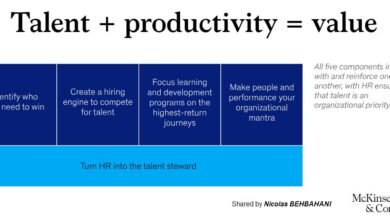
Source | icubem.com | Admin
The enormous leaps in technology and HR have created many opportunities for companies to rethink how they address processes around human resources. Services range from software identifying a candidate’s employability through facial recognition and body language to onboarding services for new graduates. The potential for efficiency and speed is unlike anything considered, and at a time when there is more choice than ever to draw talent from a global pool. Still, there is a greater need to ensure successful recruitment and retention. As organizations grapple with moving towards the next normal after successive lockdowns, they also need to continue a proactive approach to handling diversity challenges in the workplace. While HR AI tech creates numerous opportunities, we are at the stage where many solutions still require further iterations and development.
When dealing with HR AI tech, the limitations around diversity are the by-product of how solutions are designed. We are rapidly moving into space where solutions provide emotional recognition. AI analyzes facial expressions or body posture to determine decisions around recruitment. Current estimates expect emotion recognition is projected to be worth $25billion by 2023. Despite extraordinary growth in this area, there are challenges and significant kinks to be addressed, namely, ethical elements concerning the creation of the algorithms. Companies are grappling with HR AI and ethics. Recent examples demonstrate the enormity of the ramifications when things don’t go according to plan. In other words, when things go wrong, they go badly wrong. Consider, for example, Uber, when fourteen couriers were fired due to a failure of recognition by facial identification software. In this case, the technology based on Microsoft’s face-matching software has a track record of failing to identify darker-skinned faces, with a 20.8 percent failure rate for darker-skinned female faces. The same technology has zero percent failure for white men. There are additional problems when even organizations work with AI ethicists. We saw this recently when Google was in the spotlight for firing two AI ethical researchers; Margaret Mitchell in February 2021 and Timnit Gebru in December 2020.






